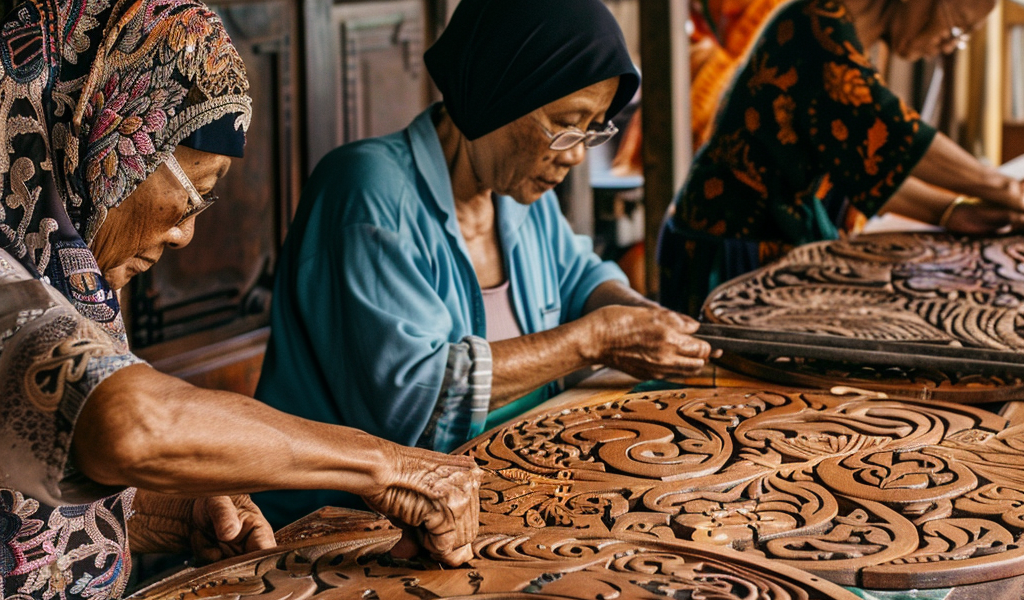Indonesia’s furniture and handicraft industry is facing pressure due to a new European Union regulation aimed at fighting deforestation. The EU Deforestation Regulation (EUDR) requires importers of commodities such as palm oil, coffee, and cocoa to generate a due diligence statement proving their products do not come from deforested land or have not led to forest degradation. Traders and other organizations selling products in the EU will have until late 2024 to comply with the EUDR. Micro and small enterprises, however, are exempt from the due diligence until mid-2025.
In response to this regulation, Indonesia is seeking new markets for its furniture and wooden goods. With the EU being a major buyer, the industry is now looking towards India, ASEAN, and Africa as alternative customers. This shift in focus is driven by the need to adapt to the changing trade landscape and find avenues for growth outside of the EU.
The Indonesian government and industry stakeholders are exploring strategies to tap into these potential markets and diversify their export destinations. By targeting India, ASEAN, and Africa, the industry aims to mitigate the impact of the EUDR and continue its growth trajectory.
This move signals a significant reorientation in Indonesia’s furniture and handicraft industry, as it seeks to navigate the challenges posed by the EU regulation. It also underscores the importance of adaptability and resilience in the face of evolving global trade dynamics.





